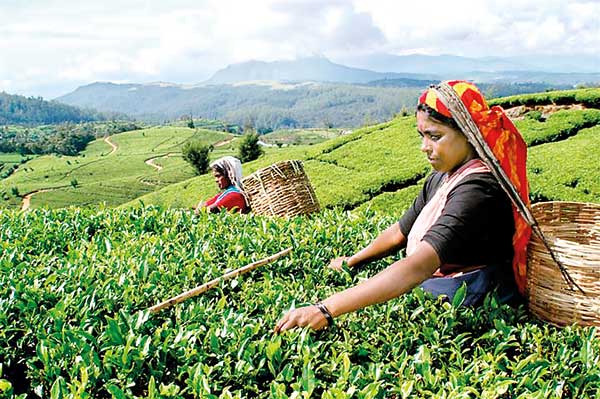06 Jul 2015 - {{hitsCtrl.values.hits}}

.jpg) Every citizen of this country should realize there are many watchdogs watching the performance of the Regional Plantation Companies (RPCs). Most of these RPCs are quoted in the Colombo Stock Exchange and registered under the amended Company’s Act of 2007. After all, the lands belong to the people of Sri Lanka and no one should fool around with state property. Nevertheless, I admit the Planters’ Association (PA) has served the industry well during the pre–nationalized period, i.e. prior to 1975.
Every citizen of this country should realize there are many watchdogs watching the performance of the Regional Plantation Companies (RPCs). Most of these RPCs are quoted in the Colombo Stock Exchange and registered under the amended Company’s Act of 2007. After all, the lands belong to the people of Sri Lanka and no one should fool around with state property. Nevertheless, I admit the Planters’ Association (PA) has served the industry well during the pre–nationalized period, i.e. prior to 1975.
26 Nov 2024 8 hours ago
26 Nov 2024 9 hours ago
26 Nov 2024 26 Nov 2024
26 Nov 2024 26 Nov 2024
26 Nov 2024 26 Nov 2024